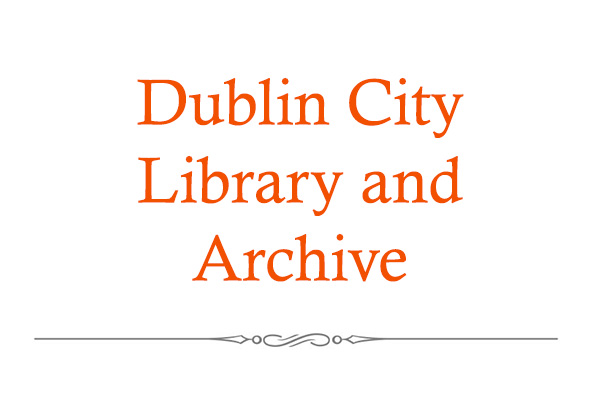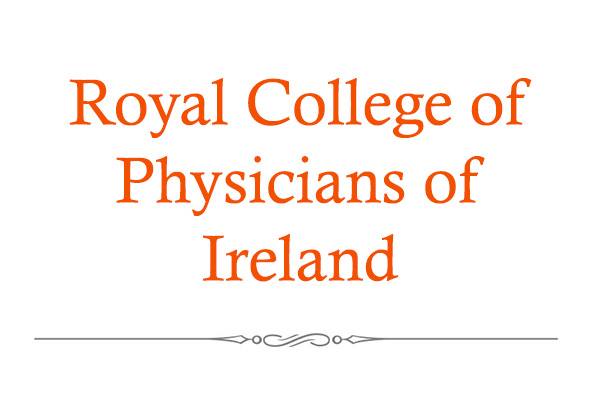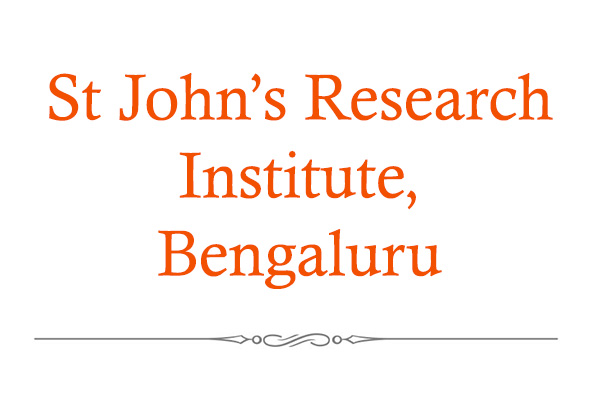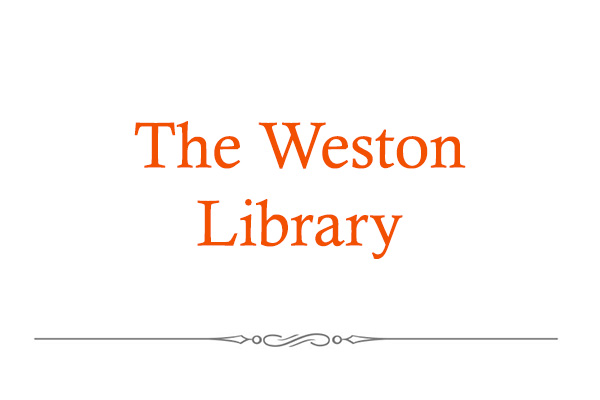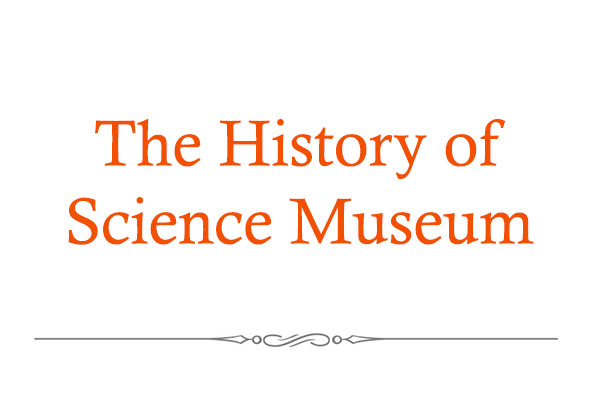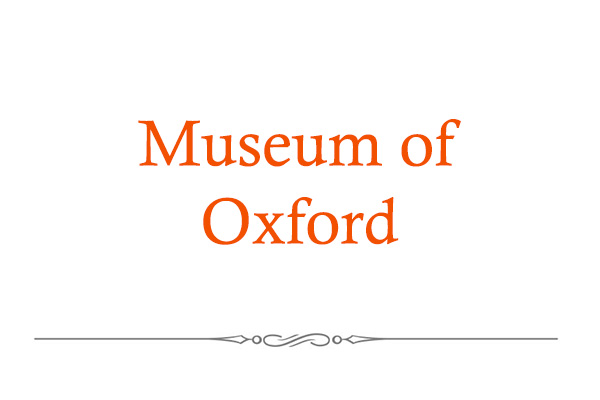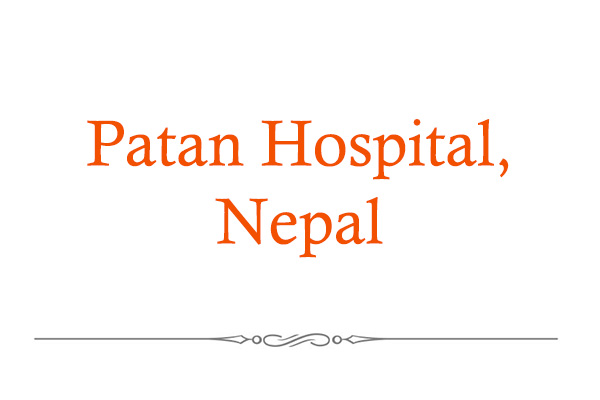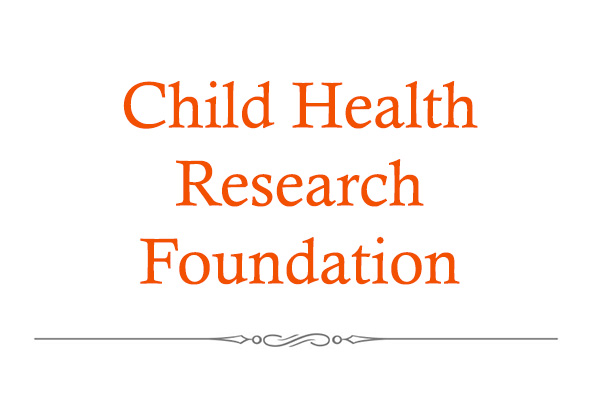

About
Typhoidland explores the past and present of typhoid. A killer of paupers, princes, and presidents, typhoid was an invisible threat in Victorian England and remains dangerous in many areas of the world today. Learn how doctors and engineers controlled typhoid to stop the disease from spreading and see how sanitation, vaccination, and typhoid have evolved since.

Dr Claas Kirchhelle and Dr Samantha Vanderslott
Curator: Dr Claas Kirchhelle
Claas Kirchhelle is a Lecturer in the History of Medicine at University College Dublin and Martin Fellow at the University of Oxford’s Martin School. His interdisciplinary research combines historical and biological approaches to analyse the global history of infectious diseases and the 20th century modification of our microbial environment. Over the years, his research in Oxford has focused on the global history of antibiotic use, resistance, and regulation and the implications of history for antibiotic governance. Claas has curated award-winning exhibitions on the history of antibiotics (‘Back from the Dead’, 2016-2017). Sponsored by a Wellcome Trust University Award, his new research projects at UCD explore the history of animal welfare science as well as the global history of typhoid, epidemiological surveillance, and microbial collections.
Curator: Dr Samantha Vanderslott
Samantha Vanderslott is a health sociologist and Associate Professor leading the Vaccines and Society Unit hosted by Oxford Vaccine Group at the University of Oxford. She currently researches public attitudes and decisions on vaccination, particularly in relation to pro-vaccination behaviours and vaccine acceptance. Samantha primarily draws on Science and Technology Studies, Medical Anthropology, Public Health Policy and Political Economy in her work. Her PhD at UCL (University College London) was on the policy development for ‘Neglected Tropical Diseases’ where she conducted fieldwork in Brazil and China, and was a Visiting Fellow at the Harvard Kennedy School of Government and the Brocher Foundation in Geneva.
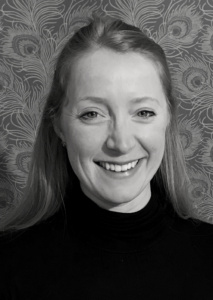
Dr Carly Collier
Carly Collier is a postdoctoral research associate at University College Dublin and a researcher on Typhoid, Cockles, and Terrorism: The Turbulent History of Anglo-Irish Typhoid Control. Her background is in the visual arts and material culture (PhD Art History, University of Warwick 2014); she was previously, first, Assistant Curator of Prints and Drawings (2016-2020) and then Assistant Curator of Photographs (2021-2022) at Royal Collection Trust where she curated the touring exhibition Victoria & Albert: Our Lives in Watercolour (2019-21) in commemoration of the bicentenary of the births of Queen Victoria and Prince Albert. She has published widely on subjects including British taste and art collecting in the nineteenth century and the early use of photography as an art historical tool.
Associate Curator: Dr Emily Webster
Emily Webster is an Assistant Professor of the History and Philosophy of Health and Medicine at Durham University, UK. She previously worked as a postdoctoral research associate at University College Dublin and as a researcher on Typhoid, Cockles, and Terrorism: The Turbulent History of Anglo-Irish Typhoid Control. She received her PhD in History and MS in Public Health Sciences from the University of Chicago in 2021. Her research sits at the intersection of environmental history, history of medicine, urban studies, and health studies. Her dissertation, “Microbial Empires: Changing Ecologies and Multispecies Epidemics in British Imperial Cities, 1837-1910,” combines historical and biological methods to examine the relationship between environmental change and the emergence of epidemic disease in the United Kingdom, India, and Australia in the nineteenth century. Her work has received funding from the Social Science Research Council and the National Science Foundation. Emily also serves as a review editor for Environmental History Now, an online platform for women and nonbinary graduate students and early career researchers.
Advisor: Professor Andrew Pollard FMedSci
Sir Andrew Pollard is Professor of Paediatric Infection and Immunity at the University of Oxford, Director of the Oxford Vaccine Group, Fellow of St Cross College and Consultant Paediatrician at the Children’s Hospital, Oxford, UK. He has spent the past 25 years working on design, testing and evaluation of vaccines, with a particular interest in prevention of bacterial infection to improve child health. He has worked on typhoid vaccines for more than a decade and led the studies which showed efficacy of the new typhoid vaccine in volunteers in Oxford and children in Nepal. He has also worked on pandemic influenza, Ebola and recently led the international clinical trials of the Oxford-AstraZeneca COVID19 vaccine that has been distributed to over 170 countries.
Awards
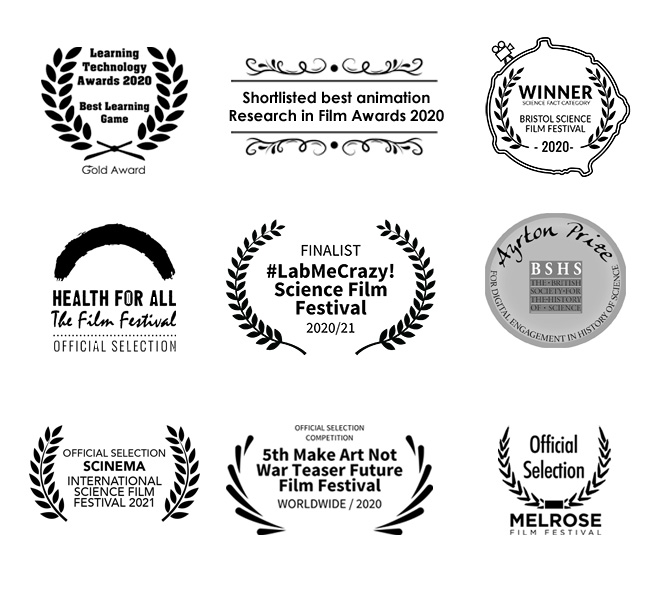
Partners
Our partners in Dublin and India are:
Locations
Using the biography of one of Oxford’s best-known inhabitants, Alice Liddell (Alice in Wonderland) we introduce visitors to the biology, history, and current context of typhoid through an exhibition in museum locations in Oxford (UK) and Atlanta (US). The exhibition will also travel to healthcare settings in countries highly affected by typhoid as digital content. Our aim is to raise awareness for the current global burden of typhoid and the need for collective action.
Videos and Games
We trace the life of Alice and her family, who were repeatedly affected by typhoid, to explore the evolution of typhoid incidence and control since the 1850s. In addition to highlighting the dangers of contaminated water and food, we use local history to showcase the dramatic changes of global typhoid control since the Victorian era. An animation, educational materials, and interactive typhoid-themed games are available free of charge on this website.

